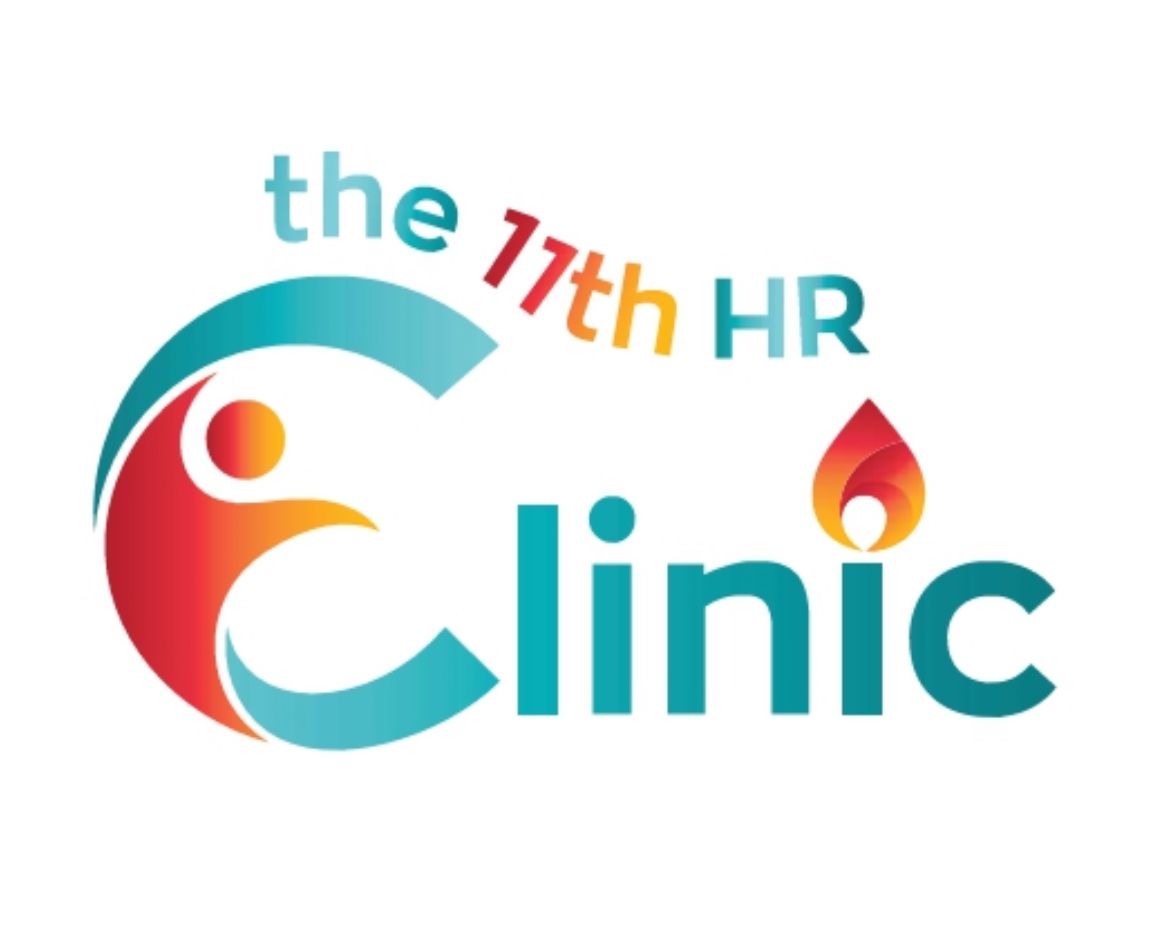Case Study: Toyota Motor Corporation
A Model of Organisational Culture and Wellbeing through Person–Organisation Fit
Introduction
This case study explores how Toyota Motor Corporation integrates its organisational culture and employee wellbeing strategy through a deep commitment to person–organisation fit. As one of the world's most influential manufacturers, Toyota has long been recognised not just for its operational excellence, but for its consistent focus on people, employees, customers, and communities alike. Organisational psychologists and workplace wellbeing practitioners can learn valuable lessons from Toyota’s holistic, values-driven approach to employee engagement, health, and satisfaction.
Background: The Toyota Way and Cultural Foundations
Toyota’s management philosophy, famously known as The Toyota Way, is structured around two key principles: continuous improvement (Kaizen) and respect for people. These are not merely operational goals. They are cultural cornerstones embedded into daily practice at all levels of the organisation (Liker, 2004).
Toyota’s culture promotes:
- Decentralised problem-solving
- Open communication across hierarchies
- Learning from failure
- Inclusive decision-making
- Psychological safety
A seminal study by Takeuchi, Osono, and Shimizu (2008) in Harvard Business Review suggests that Toyota’s “productive contradictions” such as centralised vision with decentralised authority create conditions for innovation and cultural alignment.
Wellbeing at Work: A Systems-Based Approach
Employee wellbeing at Toyota extends far beyond occupational health. The company applies a systems-based approach to workforce wellbeing, recognising the interdependence of physical, emotional, and psychological health with job satisfaction and performance.
Toyota’s wellbeing programs include:
- Comprehensive health coverage
- Proactive mental health support
- Onsite and digital wellness initiatives
- Preventive screenings and education
- Flexible work arrangements
During the COVID-19 pandemic, Toyota Kirloskar Motor in India expanded health insurance coverage, introduced telehealth services, and launched internal wellbeing campaigns to address anxiety, fatigue, and burnout (Toyota Bharat, 2021).
Toyota Australia has similarly demonstrated commitment through its People Sustainability framework, which emphasises leadership development, inclusion, psychosocial safety, and long-term employee engagement (Toyota Australia, 2020).
Person–Organisation Fit: The Psychological Engine of Engagement
Person–Organisation fit refers to the congruence between an individual’s values, personality, and working style, and the culture and norms of their organisation. High person-organisation fit is linked to greater engagement, lower burnout, and stronger organizational commitment (Kristof-Brown et al., 2005; Chatman, 1991).
At Toyota, hiring, promotion, and leadership development all centre around cultural fit. Rather than hiring solely for technical skill, Toyota seeks employees who:
- Demonstrate collaborative mindsets
- Value improvement over perfection
- Show respect and humility
- Exhibit ethical decision-making
This alignment between personal and organisational values supports long-term wellbeing by reducing role conflict and psychological strain which is a supported by longitudinal research in organisational psychology (Edwards & Cable, 2009).
A recent meta-analysis by Hoffman and Woehr (2006) found that person-organisation fit significantly predicts job satisfaction and organisational citizenship behaviours, particularly in companies like Toyota that emphasize shared mission and cultural clarity.
Key Outcomes and Evidence
Peer-reviewed findings consistently affirm Toyota’s cultural and wellbeing impact:
- Improved Employee Satisfaction
Employees at Toyota report higher engagement levels than industry peers, with wellbeing initiatives cited as a primary reason (Liker & Hoseus, 2008). - Lower Turnover and Absenteeism
Person–organisation fit acts as a protective factor against turnover, particularly in high-pressure environments (Schneider et al., 2000). - Resilience during Disruption
During external crises, Toyota’s cohesive culture has enabled faster internal response, lower employee distress, and quicker return to productivity (Takeuchi et al., 2008). - Sustainable Innovation
The balance between structured processes and employee autonomy encourages innovation while maintaining psychological safety (Hofstede et al., 2010).
Lessons for Organisations and Clinicians
Toyota’s case illustrates how a clear, values-based culture combined with intentional wellbeing strategies can create a resilient, high-performing workforce. For clinicians and consultants in organisational psychology, Toyota offers a benchmark model for:
- Assessing person-organisation fit in recruitment and coaching
- Designing workplace wellbeing frameworks that reflect organisational values
- Supporting leadership teams in aligning culture and psychological health
The integration of organisational culture and health is not optional. It is essential for long-term performance and retention.
Conclusion
Toyota’s long-standing success is rooted not just in its manufacturing prowess, but in its ability to align organisational culture with employee wellbeing. By fostering person–organisation fit, promoting psychological safety, and addressing holistic health needs, Toyota exemplifies what it means to build a truly people-first enterprise. As workplace mental health professionals, we can take these lessons into practice, ensuring that our interventions and assessments honour both individual needs and the culture in which they work.
At the 11th hour clinic, we support organisations seeking to create cultures as intentional and resilient as that found at Toyota. Through targeted culture audits and business process reengineering, our organisational psychology team helps identify cultural misalignment, improve person–organisation fit, and redesign workflows to enhance both wellbeing and performance. Whether you're navigating change, resolving friction, or building a high-performing culture from the ground up, we offer evidence-informed strategies to guide meaningful transformation.
For assistance with targeted culture audits, consulting on business process reengineering or training needs assessments geared at creating psychologically safe environments and improving performance contact us by phone or email for further information.
References
Chatman, J. A. (1991). Matching people and organizations: Selection and socialization in public accounting firms. Administrative Science Quarterly, 36(3), 459–484.
Edwards, J. R., & Cable, D. M. (2009). The value of value congruence. Journal of Applied Psychology, 94(3), 654–677.
Hoffman, B. J., & Woehr, D. J. (2006). A quantitative review of the relationship between person–organization fit and behavioral outcomes. Journal of Vocational Behavior, 68(3), 389–399.
Kristof-Brown, A. L., Zimmerman, R. D., & Johnson, E. C. (2005). Consequences of individuals' fit at work: A meta-analysis. Personnel Psychology, 58(2), 281–342.
Liker, J. K. (2004). The Toyota Way: 14 Management Principles from the World's Greatest Manufacturer. McGraw-Hill.
Liker, J. K., & Hoseus, M. (2008). Toyota Culture: The Heart and Soul of the Toyota Way. McGraw-Hill.
Schneider, B., Smith, D. B., & Paul, M. C. (2000). P–E fit and employee attitudes: A meta-analysis of perceived fit. Journal of Applied Psychology, 85(5), 648–654.
Takeuchi, H., Osono, E., & Shimizu, N. (2008). The contradictions that drive Toyota’s success. Harvard Business Review, 86(6), 96–104.
Toyota Australia (2020). Sustainability Report 2020: Developing and Supporting Our People.
Toyota Kirloskar Motor (2021). Employee Wellbeing Initiatives during COVID-19. Toyota Bharat.



